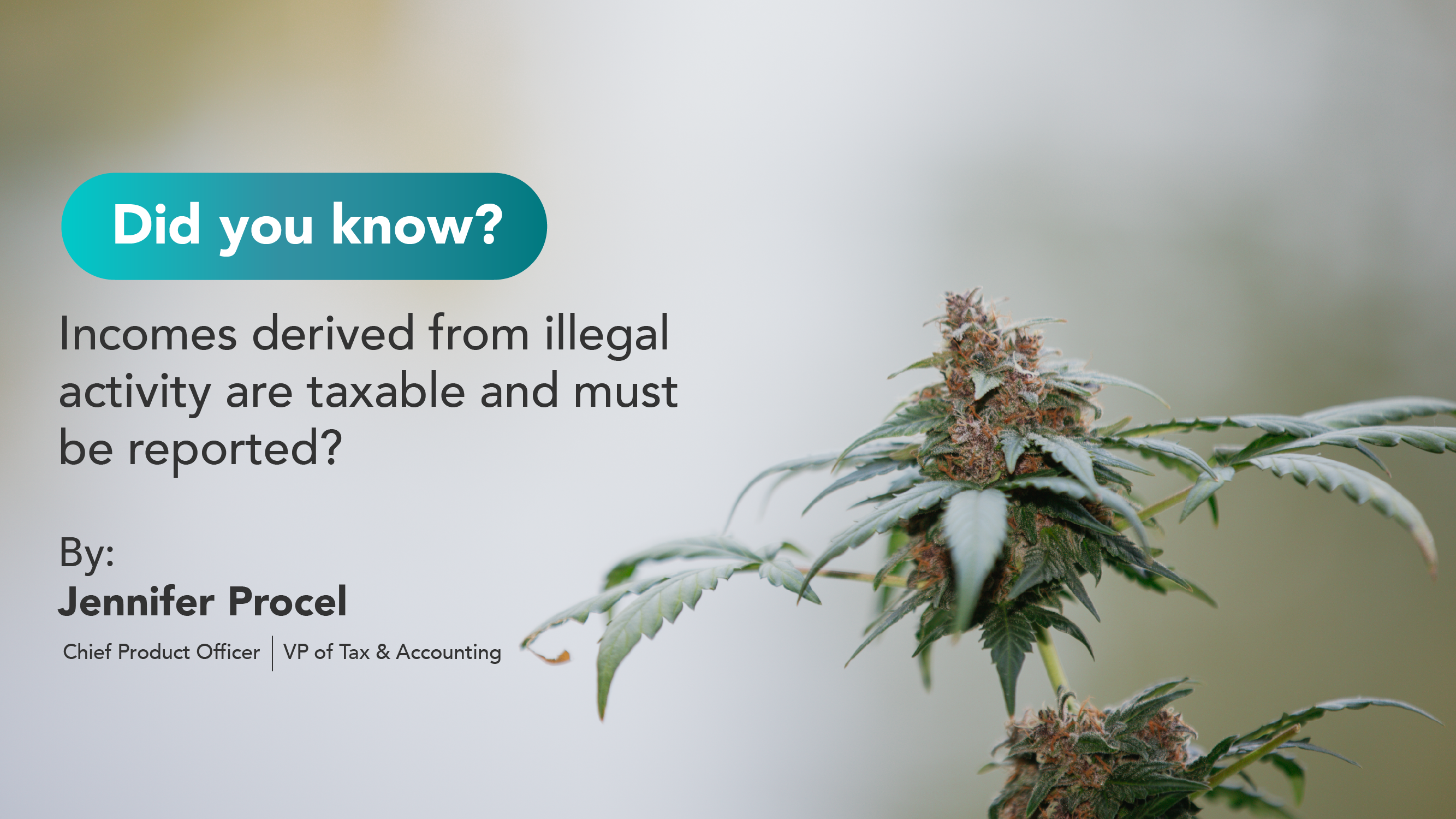
For many of us, the start of a new year is also an opportunity for a fresh start, whether it’s with our health or our work. The most common New Year’s resolution is to lose weight, but often we plan for the next 12 months to eat healthier, exercise more, or have a more active social life. Our financial health rarely comes up in these situations, but the new year is a great time to plan for that too. In this article, we present 10 ideas to help you be more successful in the coming year when it comes to your personal finances.
#1 – Set your financial goals
To make next year a successful one, it’s worth mapping out where you stand financially now. You’ll only be able to define success in relation to it. To do this, you need to ask yourself a few questions:
- What is your income?
- Do you have income beyond your salary or business fees?
- What are your expenses for the next year?
- Do you have a loan, and if so, how much will your repayments be?
- How can you increase your income?
- Are there expenses you could reduce in the next year?
If you know the answers to these questions, your next step should be to set your financial goals for the coming year. But if you know you are saving for better rent, a car, or an investment, it will be easier for you to make decisions that support that.
#2 – Restart Your 401(k) Savings
Consider budgeting so you may contribute a specific amount each month to your retirement savings through a 401(k), 403(b), or 457 plan established by your work. Most people find it easier to contribute the maximum amount to their retirement accounts this way.
#3 – Make an emergency fund for yourself.
According to this study, Americans’ #1 financial regret (23%) since the coronavirus outbreak is not having enough emergency funds, while the second biggest regret is not having enough retirement savings (20%).
The beginning of the year is a great time to start your emergency fund. Experts recommend putting up three to six months’ worth of living expenses. Begin by establishing a second high-yield savings account, then top it up in monthly installments up to the calculated amount. It is important to set the installments so that they do not cause extra financial hardship (for example, delay a purchase on credit for a year and use the unpaid installments to replenish the emergency fund.)
#4 – Pay your credit card bills on time.
While balance transfers might help you get out of debt, you’ll get the most out of them if you pay off your balance before the promotional period ends. Take some time to educate yourself with the details of your balance transfer offer before proceeding. This includes the deadline for the interest-free term to end.
Create a strategy to make big payments against your debt throughout the intro period so you’re on schedule to be debt-free by the time it expires once you know when your introductory 0% APR period ends.
#5 – Investment
If you’ve missed the bull market so far, you can get in next year. If you want to be on the safe side, invest in publicly traded companies that you’d like to buy yourself. Instead of (or in addition to) a Starbucks latte, you’ll be much better off in the long run with a Starbucks stock.
#6 – Boost your credit score
Make it a priority to improve your credit in 2022 if you have less-than-stellar credit. Paying your bills on time and in full (which may entail setting up autopay), paying off debt, limiting the number of new accounts you create, and cutting back on spending are all strategies to enhance your credit score.
#7 – Stop opening new credit cards
The average American owns four credit cards, and while many startups, including Airbnb, were funded through credit cards in their early days, you should avoid owning more cards than you can manage. It’s important to know that every time you apply for a credit card, the card issuer will pull your credit report, and these queries may have a negative impact on your credit score.
#8 – Fewer home deliveries
Although remote work has opened up more opportunities to cook at home during the pandemic, many people have opted for the convenience of home delivery. However, these additional costs can add up to a significant sum at the end of the month, so you can save a lot of money in 2022 by cooking for yourself.
#9 – Check your subscriptions
Streaming services, educational courses, music channels, and much other entertainment- and work-related services require you to subscribe. However, we often forget that most of them offer family discounts. If you and your partner use the service separately, you may very well be paying twice as much as you could. Check if you can both take out a family subscription to get a significant discount.
#10 – Have your tax return prepared by a professional advisor
Filing your annual tax return can easily get complicated, especially if you have built up some sort of passive income stream or side hustle. And if you don’t know all the details, you could end up with additional tax liabilities that you could have avoided with the advice of a professional.
The staff at IOOGO is here to help you get your individual (or business-level) tax return in order, so you can sit back and relax. And if you follow our team’s advice, you can easily save on additional costs. Check out IOOGO’s Tax Pro service, which includes Self-Employment Income (1099- MISC, 1099-K, cash) Partnership/Shareholder Income (K-1) Audit insurance Professional review.
In addition, we are happy to provide tax audit assistance. Contact us today so you can sleep easy later knowing your tax return is in order.





